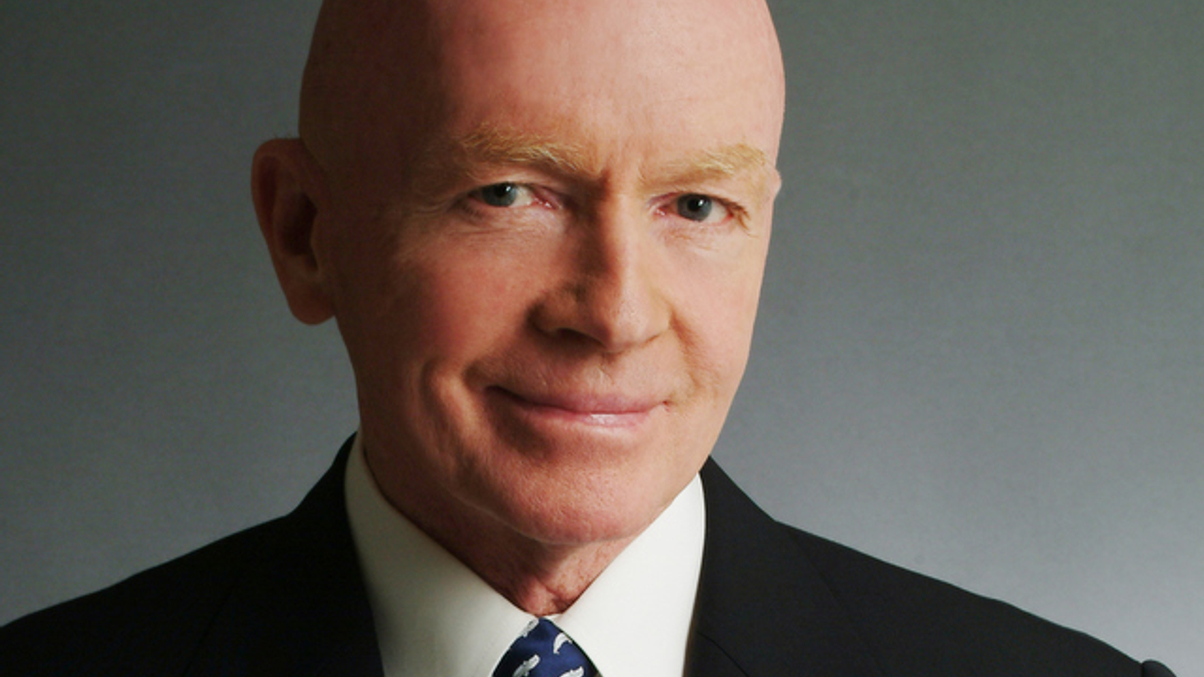Mobius defends EM equity's poor performance
Mark Mobius asserts the macro background that he believes supports emerging market equities over global equities.

Mark Mobius, about as famous as anyone as a guru for investing in emerging market stocks, admits the charts for the past two years don’t look good.
Sign in to read on!
Registered users get 2 free articles in 30 days.
Subscribers have full unlimited access to AsianInvestor
Not signed up? New users get 2 free articles per month, plus a 7-day unlimited free trial.
¬ Haymarket Media Limited. All rights reserved.


